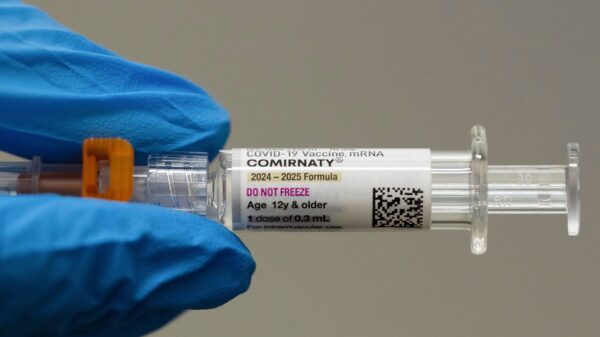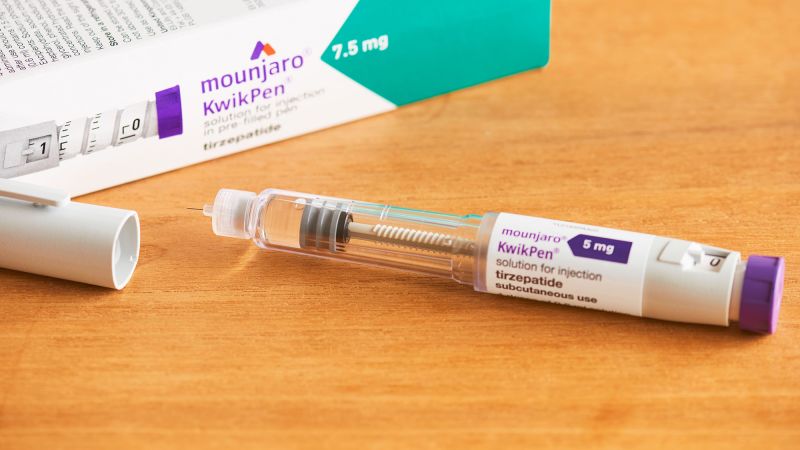Eli Lilly has announced a substantial increase in the price of its weight-loss drug, Mounjaro, in the United Kingdom. The move aims to adjust pricing structures following pressure from the Trump administration, which has highlighted significant disparities between drug prices in the US and Europe. Effective from September, the cost for a month’s supply of the highest dose of Mounjaro in the UK will surge from £122 (approximately $165) to £330 (around $447), marking a striking 170% increase.
Despite the rise, Eli Lilly confirmed that prices for Mounjaro accessed through the National Health Service (NHS) will remain unchanged. The NHS is expected to provide access to the drug for about 220,000 patients in the first three years after its introduction. Private suppliers, however, will have the opportunity to negotiate pricing discounts with Eli Lilly.
In response to the price hike, Juniper, a private weight-loss clinic in the UK, has suggested patients consider switching to Wegovy, a competing weight-loss injection produced by Danish pharmaceutical company Novo Nordisk.
Strategic Pricing Alignments
Eli Lilly explained the rationale behind the price adjustment, stating that when Mounjaro was first launched in the UK, its list price was set significantly lower than the European average to facilitate NHS availability. A spokesperson for the company noted, “With changes in the environment and new clinical evidence supporting the value of Mounjaro, we are now aligning the list price more consistently to ensure fair global contributions to the cost of innovation.”
The company’s statement also highlighted its commitment to maintaining the United States as a leader in drug research and manufacturing. Eli Lilly emphasized that it has intensified efforts to harmonize prices across developed markets, particularly in Europe. “This rebalancing may be difficult, but it means the prices for medicines paid by governments and health systems need to increase in other developed markets like Europe in order to make them lower in the US,” the spokesperson added.
Political Pressures and Market Implications
The announcement comes in the wake of increased scrutiny from the Trump administration, which has pressured pharmaceutical companies to address the price differences between the US and other countries. In July 2023, President Trump sent letters to major drug manufacturers, including Eli Lilly, demanding reductions in prescription drug prices in the US.
Chris Meekins, managing director of health policy research at Raymond James, commented on the situation, suggesting that while Trump’s pressure might lead to price adjustments or delayed access in other markets, it is unlikely to result in immediate benefits for American consumers.
Trump has previously signed an executive order in May aiming to enforce a “Most Favored Nation” rule, which seeks to align US drug prices with those in Europe. While experts have expressed doubts about the legal power of the executive order to compel such changes, it reflects a strong political will to reform pricing practices.
The President has been particularly vocal about the pricing of weight-loss medications, sharing a personal anecdote about the stark contrast in costs between the US and the UK. “He said, ‘I just paid $88, and in New York I paid $1,300. What the hell is going on?’” Trump recounted, highlighting the same product manufactured by the same company but priced drastically differently across borders.
As Eli Lilly implements these changes, the impact on both UK and US markets remains to be seen, given the complex interplay of pharmaceutical pricing, healthcare access, and international economic pressures.





































































